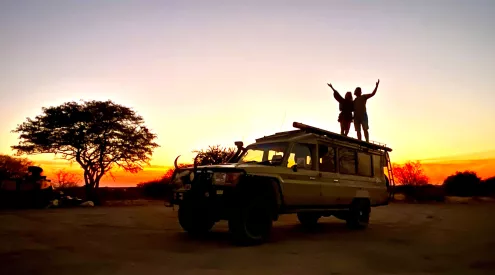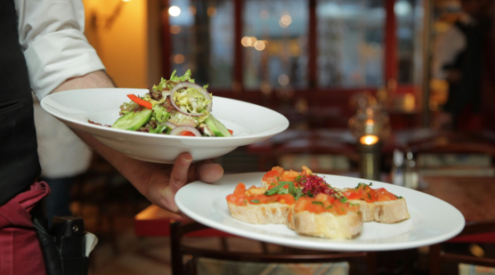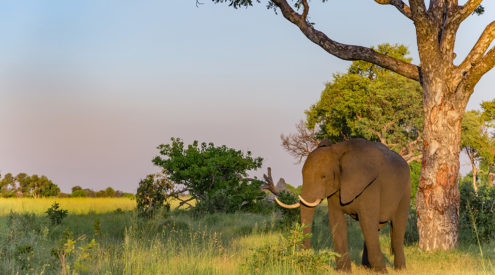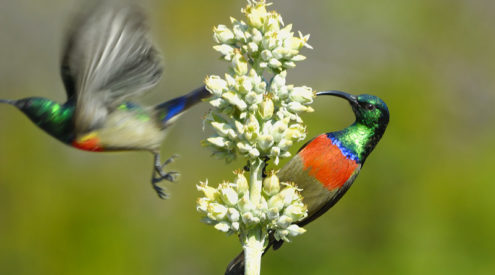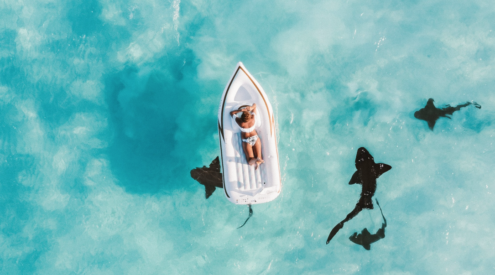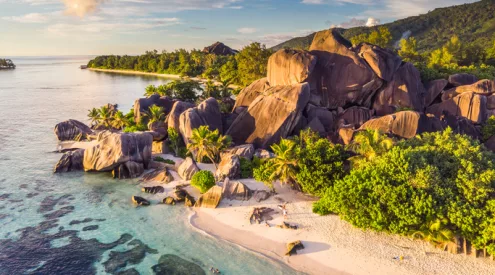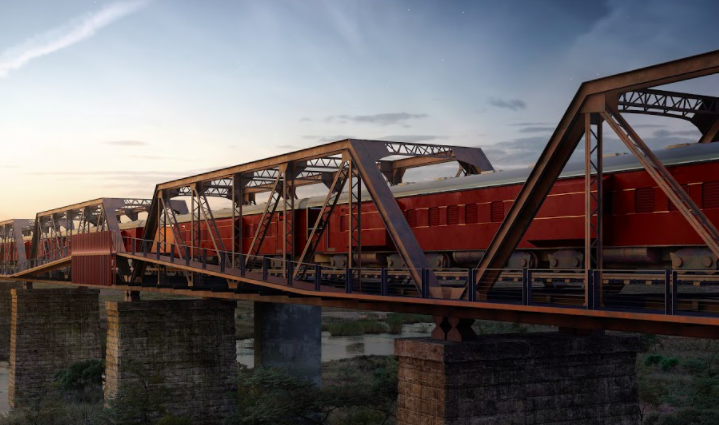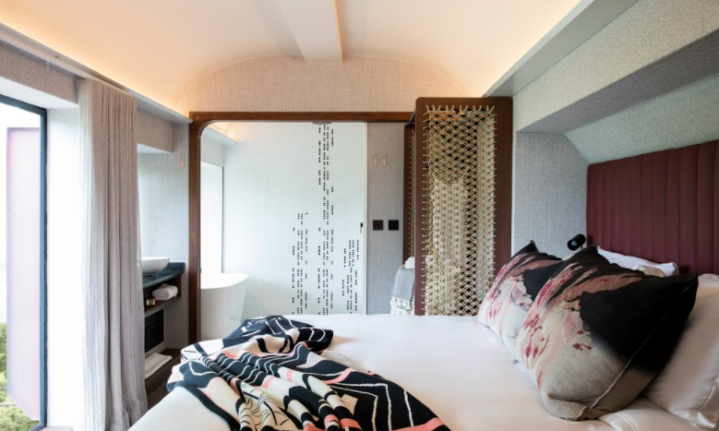South Africa’s most anticipated hotel of the year, Kruger Shalati Train on a Bridge Hotel, has been crafted with sustainability as a major operational focus.
We all know the three R’s that are so intrinsic to the sustainability of the planet: reduce, reuse, recycle. The world is moving towards not just recycling and reusing as much as possible, but creating less waste to begin with.
That said, a lot has been created in the past. So, what happens to items that have been discarded and forgotten?
Fast fashion is a diminishing trend and consumers are saying no to throwing things away and buying everything new. Instead, more and more people are taking a closer look at things and seeing how they can be revamped, revitalised, and repurposed.
Some people take an extra step and see the potential in even the oldest, dirtiest, rustiest piles of rubble.
Diana Goodman, for instance, sees the beauty in the red of rust, the purpose in weathered wood, and the possibility in long-neglected pieces of steel.
Diana and her husband Brian are the maintenance/technical team behind the new Kruger Shalati Train on a Bridge Hotel and Kruger Station project in the Kruger National Park. This new precinct is located at the site where guests were first welcomed to the Park when it opened in the early 1920s. Both the hotel and lifestyle precinct pay tribute to the history of the Park and the structures that were there before them.

When they arrived on site, the pair set about the task of wading through spiders, rats, bat droppings and a lot of dirt to salvage everything that they could use or repurpose.
‘I don’t think we realised how big this project was when we took it on. It’s been a challenge. We initially spent our days lovingly cleaning thick dirt off all sorts of stuff. We clean and sort things until they’re beautiful and usable,’ says Goodman.
Kruger Shalati Concession General Manager Judiet Barnes explains that the luxury train hotel, which will officially open in December, uses a lot of reclaimed items salvaged from the surrounding area and the demolition of previous structures to use as building materials, features and decor.
‘From concept through to construction of the site, we always knew that we had to celebrate what was there before. The Kruger Shalati Train on a Bridge Hotel is a very special hospitality development. Not only are we using a historical bridge on the old selati line over the sabie river no longer used, but our train carriages itself are recycled carriages used in the 1950’s which were scrapped years ago and converted into a luxurious hotel and positioned it on the disused Selati railway line above the Sabie river in the Kruger National Park,’ shares Barnes.
‘This project required a unique approach to truly respect the space and create something that would both stand out as its own entity while paying tribute to the heritage of the location.’

They spent their days scrubbing, sanding, polishing and bringing new life to the precinct using the materials that were there long before construction on the new project began.
According to the Urban Land Institute’s (ULI) Sustainability in Hotels report, trends indicate that there is a strong push for the hotel industry to implement sustainable practices for both the business benefits and to meet growing consumer demand.
As ULI Global CEO Ed Walter says: ‘Embracing resource-efficient and resilient development practices is good for business as well as communities. Sustainable design is what the market wants ‒ younger and older generations place a high priority on green and sustainable development in how and where they live, work, and play.’
The report further states that a survey of 72 000 hotel guests found that around 33% indicated that they prefer hotels with environmental and social programmes. The number grew to 44% when looking at only guests under the age of 25, indicating that change is vital to secure the business of future guests.
Goodman believes that with far too much wastage in the world, sustainability should always be in focus: ‘There’s huge demand as people around the world are asking about sustainable practices and environmental impact. Especially now, while everyone is wrapped up in the pandemic, we can’t forget to keep this top of mind.’

Diana and Brian salvaged old doors (including handles and locks), wooden window frames, shelves, leadwood tree supports, railway sleepers, benches, ladders, steel roof trusses, rusty pipes, kitchen utensils, trolleys and more, and used all of it.
‘It’s endless what we’ve recycled. We love to rummage for things. We’ve found metal, wood, nuts and bolts in boxes and it’s all going to be used. Everytime I turn around, there’s something else we find to reuse,’ says Goodman.
‘We built a store room out of recycled fencing, for example. We’ve used old shelving in strips to prevent day visitors from seeing our warehouse. It will eventually rot, but we’ve planted creepers and shrubs that will take over in time.’
To create a usable warehouse and office space in a building that hadn’t been used for 12 years, and left to the animals and plant life of the area, the cleaning task was huge. This space is now the hub of the precinct, housing walk-in fridges and freezers, storage space and staff quarters.
Planting indigenous trees is another important aspect of reinvigorating the area. About 100 trees have been planted to create barriers and make shade. The repurposing spans outside of the main structures as well. Slabs of railway sleepers have been used to hold lights along pathways and longer sections have been used to create steps. Pieces of rusty metal from the old pump house have also been used as striking decor among the dry grass.
More than just repurposing materials, Goodman says that extensive solar panels on site will ensure sustainability for the long-term and she is looking to help implement a recycling programme for general waste. While the project may have been daunting to begin with, she is happy that they contributed to something that is both beautiful and mindful of the planet.
Barnes concludes: ‘We are thrilled at how much thought and effort our project team – with Brian and Diana playing a critical role in this – have put into making Kruger Shalati Train on a Bridge a sustainable hotel in one of the world’s most popular game viewing destinations. We cannot wait to welcome visitors to our eco-conscious hotel in a couple of weeks.’
Pictures: Supplied

